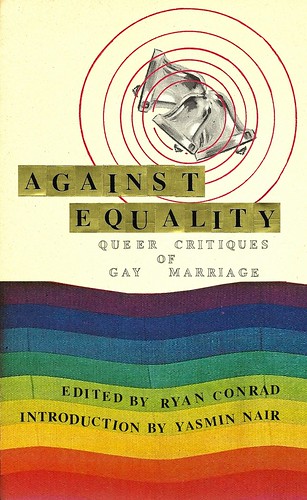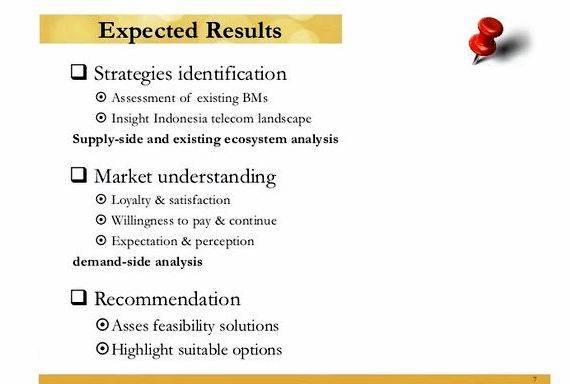ARE LOCKE’S PERSONS MODES OR SUBSTANCES?1 Samuel C.
The Cartesian and Lockean theories of identity, then, can be explained as follows: Both distinguish the mind or soul from the body, and both explain personal identity in terms of thinking (although only Locke considers persistent thought). Descartes says that the self is, and is only, the thinking soul.
John Locke laid down the systematic groundwork of personal identity in the study of modern philosophy. Locke highlights his approach to the problem of personal identity in Chapter XXVII of the book II in An Essay concerning Human Understanding.

John Locke is the greatest English philosopher. An Essay Concerning Human Understanding, one of the most influential books in the history of thought, is his greatest work. In this study the historical meaning and philosophical significance of Locke's Essay are investigated more comprehensively than ever before. Locke was originally published in two volumes, Epistemology and Ontology.

The problem concerning personal identity is another one in which the implications of Locke's method lead to a conclusion that he does not accept. Apparently he wants to retain the belief that it is the same person who passes through the successive stages of infancy, childhood, adolescence, and adulthood.

Thus, we see the substance whereof personal self consisted at one time may be varied at another, without the change of personal identity; there being no question about the same person, though the limbs which but now were a part of it, be cut off. 12. Personality in change of substance.

John Locke is one philosopher that has thoughts on personal identity. Locke thought that personal identity is an element of psychological continuity. It’s our beliefs and intentions that are important to ourselves, that they are needed and helps.

Locke on Personal Identity (Philosophy of Self and Other) STUDY. PLAY.. substance, mode, relation. List Locke's three forms of identity. substantial, human, personal. What is the basis of personal identity for Locke? Consciousness. Define synchronic identity. How one individuates x here and now.

Locke's theory was presented in Ch. 27 of his Essay Concerning Human Understanding (1694 edition). The main texts are all found in Personal Identity ed. John Perry (1975, University of California). The Cartesian Ego 1. Belief in immortality requires an unchanging core to personal identity 2.
There is wide agreement, however, that Locke’s theory of personal identity is meant to complement his moral and theological commitments to a system of divine punishment and reward in an afterlife.

In this paper I argue that understanding John Locke’s account of personal identity in the context of the metaphysical and religious debates of his day, especially the debates concerning the possibility of the afterlife and the resurrection, reveals.

Locke knew that organisms function by constantly gaining and losing atoms. This led him to break up the topic of identity into different categories, in order to find what attributes humans have that don’t vary over time. The identity of a substance is the same substance until an atom is removed he concluded.

Philosophy Essay John Locke believes that personal identity across time involves and relies on identity of consciousness. Locke’s view explains the continuation of consciousness across all personal states, such as living or dreaming, while also managing to persist across time.

John Locke: Essay on Human Understanding Chapter XXVII, Of Identity and Diversity, Excerpts1. the identity of Locke pursues an account of the self or, as he puts it, an account of the identity of the self.. Personal Identity in Change of Substance. That this is so, we have some kind of evidence in our very bodies, all whose particles.



